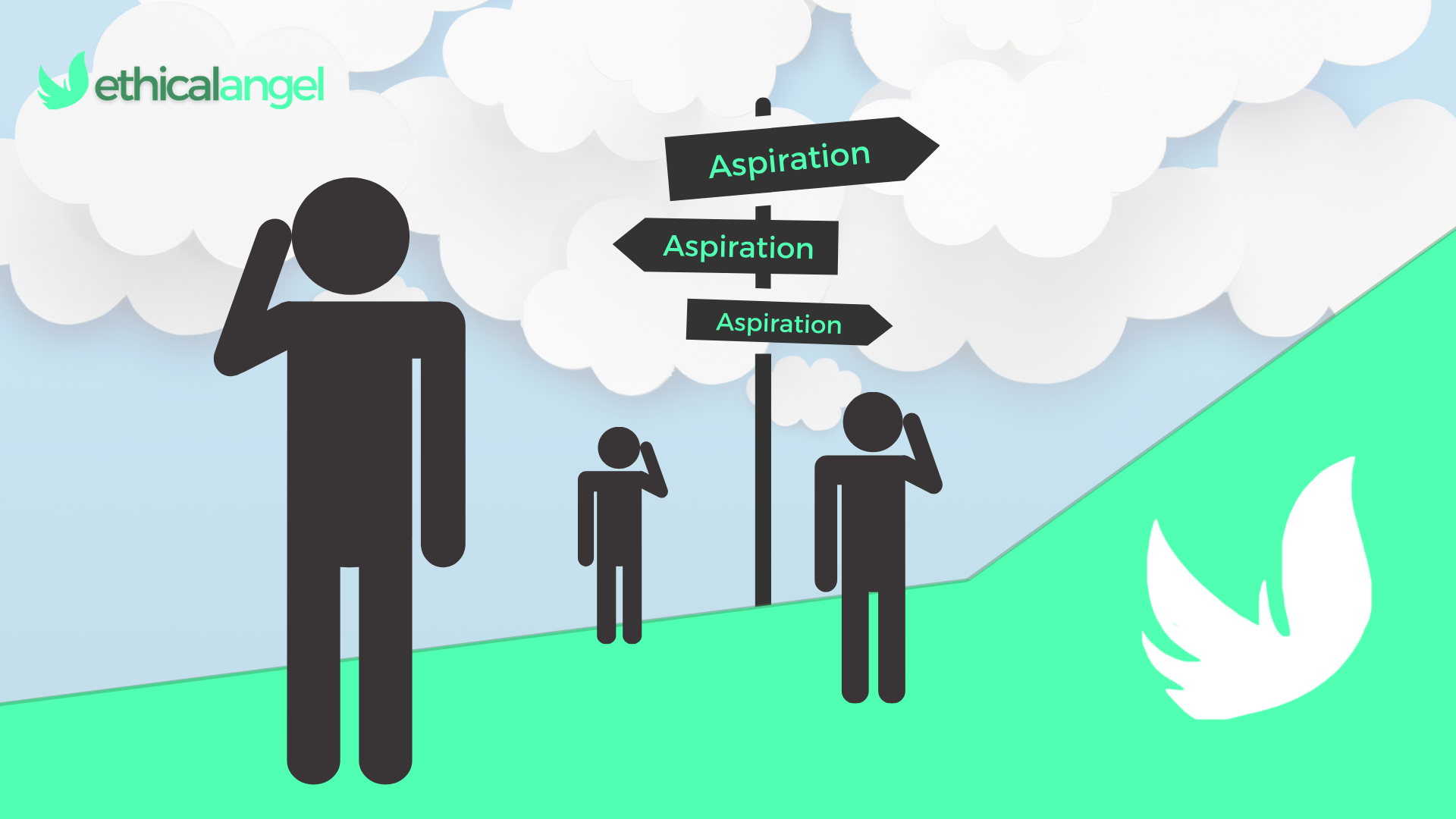As featured in City AM, Alex Fahie, Founder and CEO, Ethical Angel
I believe that Corporate Social Responsibility is over.
That is not to say that CSR programmes do not deliver tremendous impact, many do. It is just that the impact is invariably nuanced for stakeholders. With today’s ever-growing trend of individualism, such nuance is ineffective.
Businesses are under great stakeholder pressure to be more purposeful, to recognise many causes and deliver impact. But without an understanding of value, how can a business invest, time, people and money in the myriad of causes that their people want to assist?
CSR teams, typically overworked and budget constrained, are given the unenviable task of uniting all stakeholders behind targeted engagements and determining impact, often from those who struggle to accurately report it. Even then, as we know, the resulting impact is nuanced.
So, if CSR is over, I fervently hope businesses continue their programmes as a form of enterprise altruism without a need for return on investment. But, as a tool for stakeholder engagement, a new solution is needed that urgently recognises and empowers individualism.
I have always seen myself as a problem solver and creating a tool that achieves this – one that reimagines the way that causes discover and get the support they need, when they need it – enticed me away from my career in finance to create Ethical Angel two years ago.
Ethical Angel is a unique virtual marketplace that acts as a nexus between employees looking to develop their professional and human competencies, and those global charities, social enterprises and NGOs who can find and order what they need, for free.
Imagine it to be like shopping online, with hundreds of amazing digitally deliverable products available, based solely on the supply of volunteers with the specific skills to do it. Every order provides a personalised experience for an employee to engage with, anywhere in the world.
For example, employees in London or Manchester could be helping with the development of the branding or campaign databases of small social enterprises working on clean water development or rhino conservation in Africa. Employees in Bristol or Edinburgh could simultaneously be assisting charities needing support with their copywriting and graphic design in Australia or South America.
It is exciting to oversee a technology that gives employees the experiences that offer them the freedom to become who they want to be, to grow in their own direction and, in short, to take control of who they impact.
Especially so, when we also consider the wider business environment of increased AI adoption, the move towards working from home, worryingly high levels of employee disengagement and turnover as well as the burgeoning societal movements that are rightly demanding greater climate awareness, racial equality, and equal opportunity.
The ongoing success of the platform – 32 per cent month-on-month growth – an accessible community of 180,000 causes operating across 23 countries and more than 30 well-known businesses and their people in just two years – is also proof of a rapidly growing trend, indeed a burning desire, for personal experiences.
Using Ethical Angel, employees can achieve their career and individual development aims, work in teams or collaborate with others, interact with the real world and demonstrate ability while building confidence and belief in themselves. Employee users of our technology record an average Net-Promoter Score of plus 93.
It is a phenomenon that is turning the traditional volunteering model of CSR on its head as it delivers individualism at scale and with clear returns.
With such clear returns and demonstrable benefits across learning and development, employee engagement and retention, talent management and stakeholder advocacy, business leaders have what they need to invest.
With investment comes sustainability and ensures that global causes are able to continue benefiting from private sector buy-in without time-consuming applications, relationship management and impact assessment.
It’s a virtuous circle, one that democratises who a business helps, from a few, to all. It ensures that all the causes that the stakeholders care about, are cared for and in such a way that satisfies the shareholders.
Corporate Social Responsibility is over, but that is no bad thing.
Purposeful business that recognises individual stakeholders, their aspirations and interests is the future.
It is a thrilling new trend that is truly benefiting people, planet and profit.

